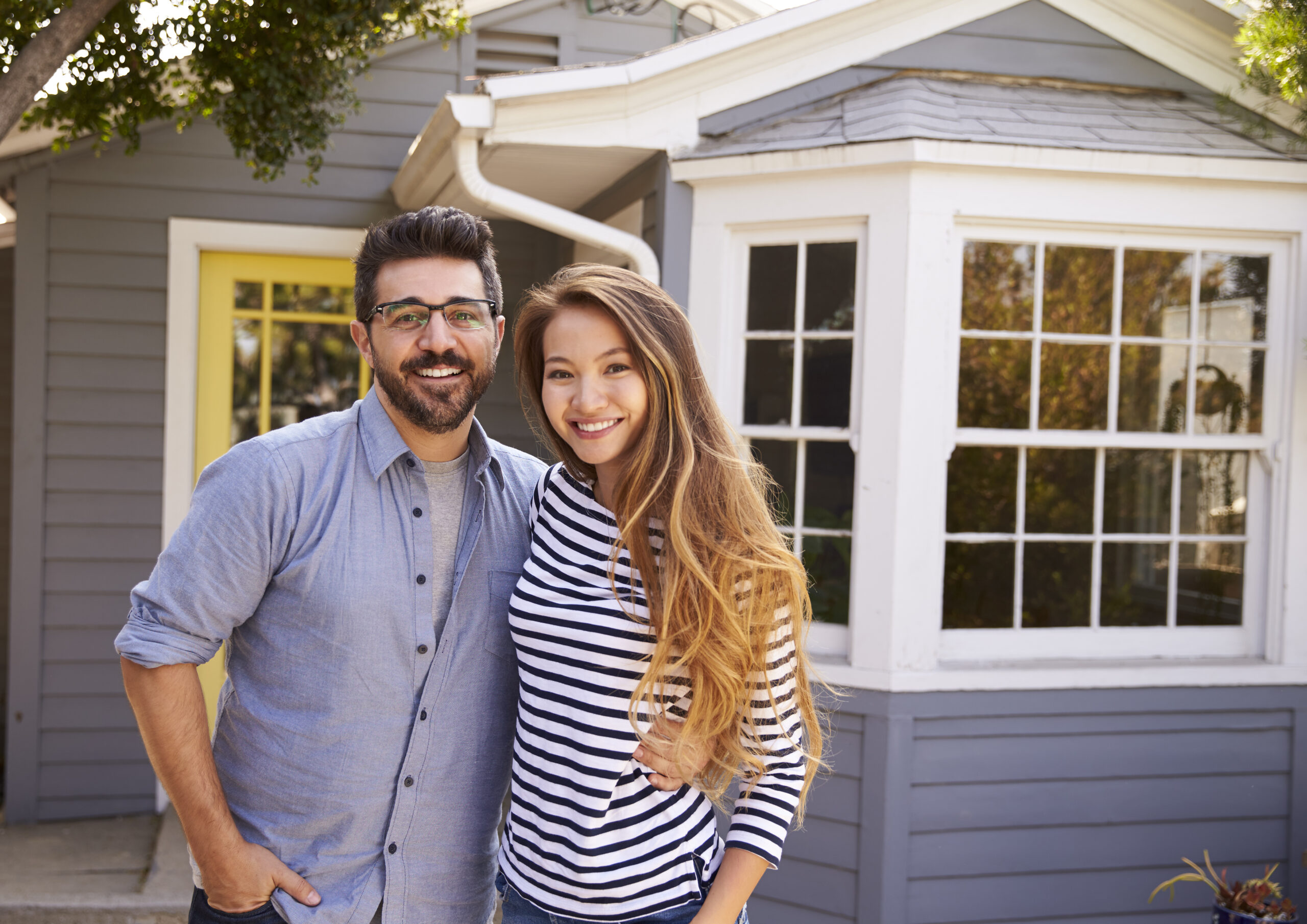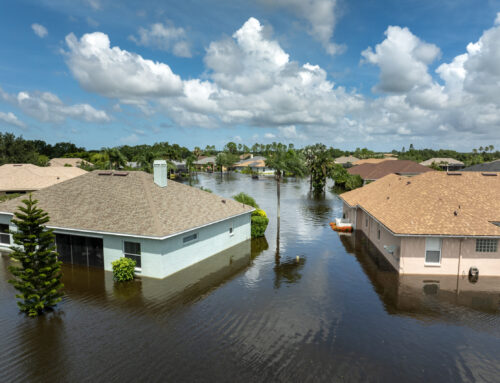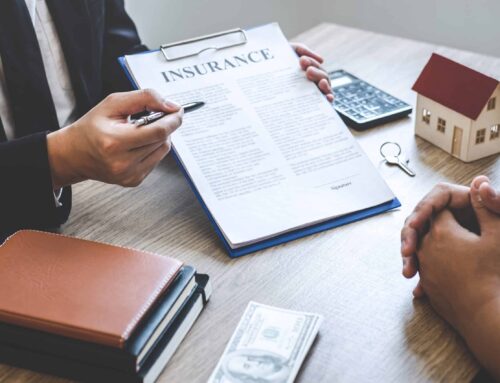What Happens when Homeowners are uninsured in Miami

For homeowners in Miami, the decision to forego insurance isn’t just risky—it can be financially devastating. In a market fraught with natural disasters, high rebuilding costs, and soaring premiums, being uninsured means assuming the full burden of loss. This article delves into what it truly costs to go uninsured in Miami, exploring “homeowners insurance Miami Florida”, “risk of no homeowners insurance Miami”, and “cost for uninsured home damage Miami”—long-tail keywords that reflect what many Miami homeowners are searching for.
Why Miami Homeowners Face High Stakes
Miami homeowners pay some of the highest insurance premiums in the country. According to one report, the average annual premium in Florida is about $8,770. roughly 262% higher than the national average. Meanwhile, for Miami specifically the average cost is reported at around $10,419 per year for $300,000 dwelling coverage. That fact alone shows the expense of getting insured, but going uninsured means exposure to even higher potential losses.
A study found about 20% of homes in certain U.S. markets are uninsured. The temptation to skip coverage is high when premiums escalate, but the cost of being uninsured can dwarf what you avoided paying.
What “Uninsured” Really Means for Miami Homeowners
- You Bear the Full Loss
If you’re uninsured and your home suffers damage—whether from a hurricane, windstorm, theft, fire or flood—you’re responsible for all repair or replacement costs. Considering Miami’s elevated risks, this could easily mean tens or hundreds of thousands of dollars.
- Your Mortgage Lender Can Step In
If you have a mortgage, the lender likely requires insurance. If you cancel or forego it, the lender may force-place an insurance policy for you—often at much higher cost—and could even initiate foreclosure for failing to maintain required coverage.
- Liability Exposure
Without homeowners insurance, you also lose liability protection. If someone is injured on your property and sues you, there’s no insurance buffer. This risk is especially pertinent in a region with older homes and higher visitor volumes.
- Resale and Market Impacts
When a property is uninsured, buyers and lenders may view it as a red flag. This can complicate refinancing or selling your home. In Miami’s market—already facing affordability and insurance-availability pressure—this adds another layer of risk.
Real Cost Scenarios for Skipping Insurance in Miami
Let’s look at some practical scenarios that illustrate the cost of being uninsured in Miami.
Scenario A: Hurricane Damage
Imagine your Miami home sustains major wind damage from a tropical storm. The roof, some walls, windows all require replacement. The rebuilding cost easily exceeds $100,000. Without insurance, that entire cost sits on your shoulders.
Scenario B: Flood in a Low-Lying Area
Standard homeowners insurance often excludes flood damage. If you’re uninsured (or lack a flood policy) and a storm surge floods your property, your cost could reach tens of thousands. One Massachusetts-based discussion noted that just one inch of flood water could cause $25K in damage in Miami’s vulnerable areas.
Scenario C: Theft or Vandalism
Miami’s elevated property crime rates also elevate risk. Without insurance covering personal property or liability, you’re exposed to full cost of theft, damage, and any resulting legal claims.
In short: the “cost of going uninsured” in Miami is not simply the premium you avoided—it’s the full exposure to potential ruin.
Why Some Homeowners Go Without Insurance (and Why That’s Dangerous)
There are understandable reasons why homeowners might skip or drop insurance in Miami:
- Premiums are high and climbing steadily.
- Some struggle to find available coverage due to market exits or non-renewals.
- Others believe “it won’t happen to me” or hope to self-insure.
However, the risks of being uninsured are far greater:
- You bear 100% of cost in the event of catastrophic damage.
- You may lose your home or equity if forced‐placed insurance or liens arise.
- Your property becomes harder to sell or refinance.
- You live with ongoing risk of liability or loss that could bankrupt you.
One article summed it up: In hurricane-prone Florida, skipping homeowners insurance means you could lose your home.
What Homeowners Can Do to Protect Themselves
Even in Miami’s challenging insurance market, homeowners can take strategic steps to minimize the cost of coverage and avoid being uninsured:
- Assess Your Coverage Needs
Look at how much it would cost to rebuild your home. As Florida data shows, premiums vary widely based on dwelling coverage amount.
- Mitigate Risk to Lower Premiums
Consider wind mitigation features (impact-resistant windows, reinforced roof, straps) and other hazard protections—these help reduce risk and may result in lower premiums.
- Shop Multiple Carriers
Because premiums in Miami vary dramatically, comparing quotes can save you thousands. According to Bankrate, for similar coverage levels, rates vary a lot among insurers.
- Don’t Skip Flood Insurance if Needed
If your home is in a FEMA flood zone—or at high risk of storm surge—make sure you have flood coverage. Standard policies may not cover this risk.
- Maintain Good Credit and Home Condition
Your credit score and the condition of your home (roof, wiring, plumbing) affect your premium. Better-maintained homes and stronger credit profiles attract lower rates.
- Budget for Insurance Costs
Given Miami’s average premium levels, factor insurance into your homeownership budget so you’re not tempted to go uninsured. For example, some homeowners in Florida are paying well over $4,000 annually.
Conclusion: Why Uninsured = Unwise for Miami Homeowners
At the end of the day, for homeowners in Miami, going uninsured is a gamble with very high stakes. In a region exposed to hurricanes, floods, and rising rebuilding costs, not having proper homeowners insurance is not just risky, it’s financially destabilizing.
- Premiums are high, yes—but they are also a reflection of real exposure to major loss.
- Going uninsured saves premiums now, but it exposes you to full-scale loss later.
- Insurance is part of the cost of home ownership in Miami, and accepting it is simply realistic.
If you’re a homeowner in Miami and wondering about the cost of no homeowners insurance, remember: the cost is more than a number—it’s your home, your savings, your security. Securing good coverage is not optional; it’s essential.




